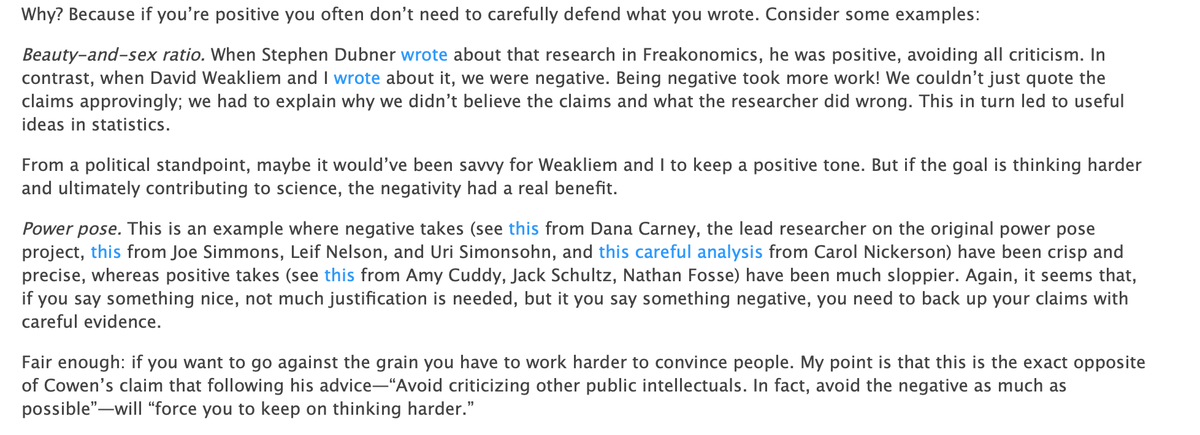
This is a long personal thread about my own reading practices, and a revelation I recently had about the pluses and minuses of reading at different speeds.
It might not be of interest to you.
(Photo below depicts the inhabitants of my "book" shelf)
It might not be of interest to you.
(Photo below depicts the inhabitants of my "book" shelf)

I was just reading an academic paper at my top reading speed, it was 40 pages and I got through it in about 5 minutes. (I can go even faster for non-academic writing, though my max speed is much slower for foreign languages). But I usually don’t read that fast...
The vast majority of my reading is at slower speeds—in effect, I am constantly choosing to read more slowly than I could. Why? You might think the answer is that I absorb information better if I read slow. In fact, I believe the opposite is true...
I find that I absorb more, have a better sense of the overall structure of the argument of what I’m reading, and remember what I read better when I read fast. Faster reading is better reading. *And* it takes less time. So why not always do it?
One answer is that there's a psychological limit: I can do at most 2-3 hours of top speed reading per day before getting exhausted & needing to turn to slower reading (which I can do an indefinite amount of).
But pointing to that limit doesn't really explain things, because...
But pointing to that limit doesn't really explain things, because...
...a typical day for me is more like 1 hr fast reading, 3-6 hrs slower reading. And often I do no fast reading. Why aren't I maxing out my capacity? (Let alone taking measures to try to increase it, which I could prob. do and have never had any interest in even attempting...)
My answer had always been: I am lazy. And that consciousness of my own laziness would sit on me like a weight as I read, infusing my many, many hours of reading-too-slowly with a feeling of guilt that has become so familiar that it now forms part of the experience of reading...
But recently I've started to see it differently. I've noticed that what I don't do, when I read fast is: write notes in the margins, underline, pause to work out a line of thought on my own, come up with objections, or get reminded of a passage in another book...
Reading fast means cutting myself off every time I'm tempted to take something in the text and run with it. An hour of reading fast involves a hundred moments of self-disciplining, during which I tell myself, over & over again: "Stop talking! Now is the time for you to listen!"--
--and this is painful for me. It's really hard to shut down my own thinking completely to make room for someone else's. It makes sense that I am better at capturing their thoughts when I do this, but I can only do it for so long before I need to come up for air...
The problem is not that I'm lazy, but that I'm selfish.
Somehow, I find this reassuring.
Fin.
Somehow, I find this reassuring.
Fin.
• • •
Missing some Tweet in this thread? You can try to
force a refresh





